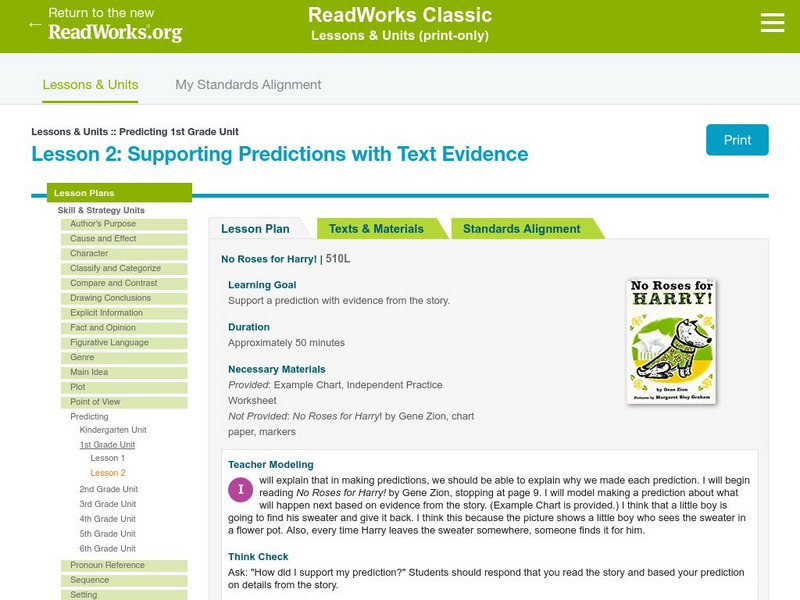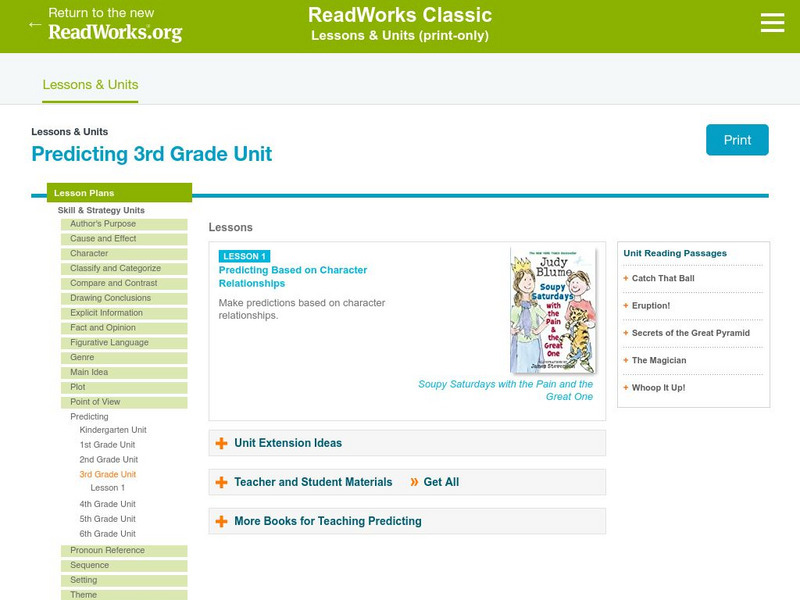Curated OER
The Story of How Deerfield Came to Be
Eleventh graders explore how the native peoples had lived in the Connecticut Valley for nearly 10,000 years, prior to the English settlement and how their culture and life ways were markedly different from that of the English settlers.
Curated OER
Sampling Snoops
Learners practice formulating a hypothesis and designing an experiment to test the hypothesis. They identify several sampling techniques they can use to test their hypotheses.
Curated OER
Understanding Canadian Weather Extremes
Students research and analyze the causes and sources of Canada's extreme weather conditions. They conduct an experiment, complete a worksheet and predict the most likely locations for extreme weather conditions.
Curated OER
Nomadic and Sedentary Tribes in Kansas
Seventh graders compare and contrast sedentary and nomadic tribe life. In this Native American culture lesson plan, 7th graders research primary documents about the Osage and Kiowa tribes. Students create a series of illustrations to be...
Curated OER
Victorian Philosophies in the Connecticut River Valley: The Connection between Mind, Body, and Spirit
Eleventh graders explore late 19th century concepts of physical and spiritual health, which includes spiritualist and conservation movements, heath tonics, the perceived relationship between climate and physical well being.
Curated OER
On a Pilgrimage
Sixth graders engage in a variety of learning experiences surrounding the study of the Middle Ages. They construct a map of Europe, create a graphic organizer for the hierarchy of feudalism, design their own family crest, and write their...
Curated OER
Fossil Fuels vs. Alternative Fueling Systems
Fourth graders brainstorm the differences between the fossil fuels that people use in their transportation now and what they could use to minimize greenhouse gas emissions. They use a variety of techniques from webquests to writing...
Curated OER
Rhetorical Devices
Eleventh graders consider rhetorical devices in speeches and then make an informed selection of effective rhetorical devices for a controversial topic presentation. Students present their findings using presentation software.
Curated OER
Crime Scene Investigation: Hair Analysis Lab
Students participate in a hair analysis lab. Using a digital microscope, students compare and contrast hair samples. They determine if the hair samples are human or animal. After completing lab results sheets, students share their...
Curated OER
Introduction to Native Americans Thematic Unit
Students consider different cultural viewpoints. In this Native American history lesson, students examine artifacts and then conduct research on selected Native American tribes.
Curated OER
Biographical Essay
Tenth graders explore the importance of the environment and ow fragile it is.
Curated OER
Weather Forecasting Basics
Eighth graders analyze weather diagrams and weather maps. In this earth science lesson, 8th graders explain why it is important to know the weather. They complete a handout at the end of the lesson.
Curated OER
New England Colonials: John Stebbins and Ebenezer Wells (1691-1758)
Tenth graders learniabout life in Deerfield during growth period through the examination of artifacts and documents of Stebbins and Wells.
Curated OER
Immigration in the Connecticut River Valley
Young scholars discuss and compare immigration during the 18th century to the Connecticut River Valley to that in America during the turn of the century.
Curated OER
Social Studies: African Folklore and Geography
Students discover the connection between geography and folklore in several African nations. In groups, they record information from maps of their assigned countries. Students observe the pictures in books and match the geographic...
Curated OER
Deerfield Debates Its Future: Education
Students consider the effect of technological development, industrial growth and changing population on education in historical Deerfield Connecticut. They review many primary resources to investigate history and write a response to...
Curated OER
Social Studies: How Did Native Americans Live?
Fifth graders examine Edward Curtis' photographs and Robert Griffing's paintings to analyze Native American culture. They present research information on specific tribes, using the photos and paintings to uncover information about the...
Reading Rockets
Reading Rockets: Strategy Guide: Teaching How Scientists Make Inferences [Pdf]
This guide includes an introductory section about visual evidence, a general overview of how to use this strategy with many science texts, and a plan for teaching how to use visual evidence to make inferences with the Seeds of...
Better Lesson
Better Lesson: Introduction to Making Predictions and Inferences
First graders will engage in a shared reading of "Mr. C's Dinner" so that we can build a foundation for understanding what it takes to make good predictions and inferences.
Better Lesson
Better Lesson: Using Word and Picture Clues to Make an Inference
First graders will use text evidence to make inferences about word and word phrase meanings in a text. Word and picture clues will be used to help students form inferences.
TES Global
Tes: Coraline 5 Reading Assessment
[Free Registration/Login Required] This lesson plan provides a way to assess students' understanding of inferences about the traits of characters in the Neil Gaiman's novel Coraline.
Read Works
Read Works: 1st Grade Unit: Supporting Predictions
[Free Registration/Login Required] A lesson utilizing the book No Roses for Harry! by Gene Zionin in which students make a prediction and then support it with details from the text. Ideas for direct teaching, guided practice, and...
Read Works
Read Works: Predicting 1st Grade Unit
[Free Registration/Login Required] A two-lesson unit designed to teach students to make predictions and support them with details from the text. Lessons are based on the books Wemberly Worried by Kevin Henkes and No Roses for Harry! by...
Read Works
Read Works: Predicting 3rd Grade Unit
[Free Registration/Login Required] This is a lesson plan designed to teach students to make predictions based on relationships between characters. The lesson plan is based on the book Soupy Saturdays with the Pain and the Great One by...



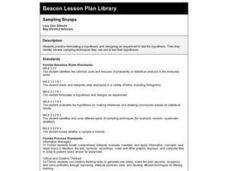



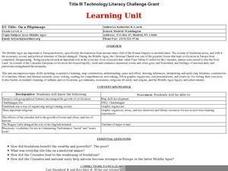


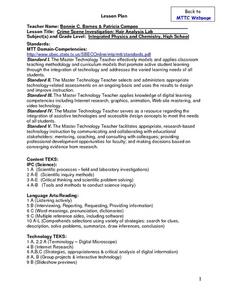

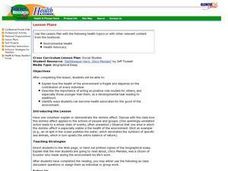
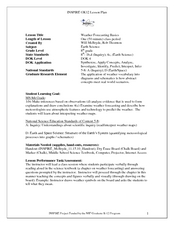


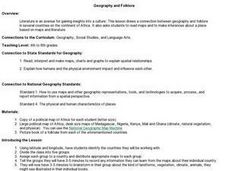


![Reading Rockets: Strategy Guide: Teaching How Scientists Make Inferences [Pdf] Lesson Plan Reading Rockets: Strategy Guide: Teaching How Scientists Make Inferences [Pdf] Lesson Plan](https://d15y2dacu3jp90.cloudfront.net/images/attachment_defaults/resource/large/FPO-knovation.png)



